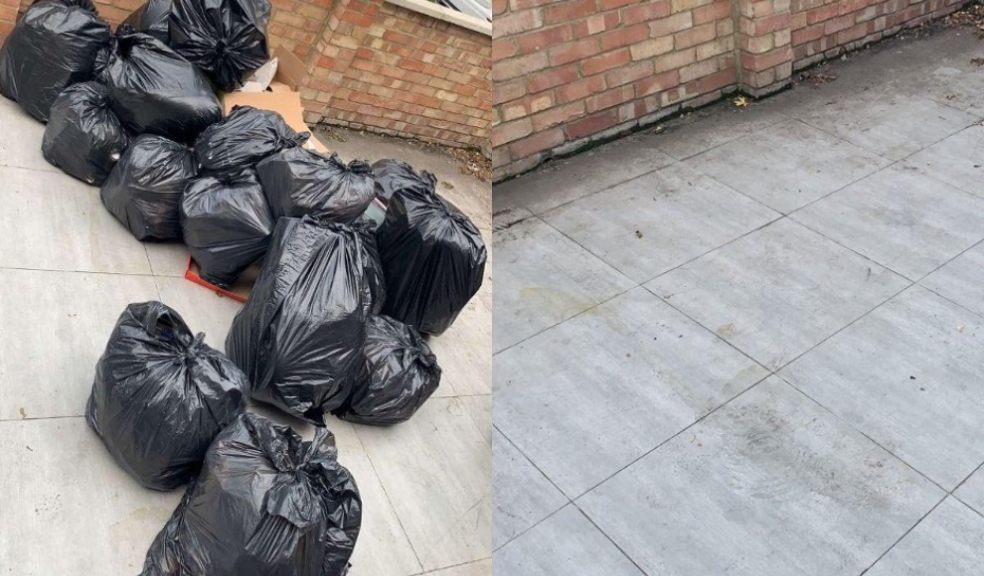
Principles of waste management
When it comes to rubbish we never give it too much thought. But waste management experts spend a lot of time thinking, developing and fine-tuning their waste management systems to deliver better supply efficiency. It is worth mentioning here the experts at Junk Bunk LTD. Different countries have different approaches to handling waste, but there are some common rubbish removal principles that everyone should respect.
One of the most important principles of maintainable waste management is to eliminate the word “waste.” Junk should be considered as a secondary resource that, if properly treated, can help conserve our natural resources by limiting removal.
More precisely, rubbish prevention and management both have a central role in enhancing resource efficiency and creating a circular economy that maximizes the use of scarce resources.
1. Prevention of rubbish
Prevention happens at the product design and manufacturing phase, but it also encourages consumers to keep products for a longer time and re-use them.
This is a serious point as it strives to minimize rubbish before it is even generated by improving product design and packaging. Environmental NGOs across the globe believe this is a critical aspect of sustainable resource and waste management.
2. Preparing for re-use
This means different processes of checking, cleaning, repairing whole items or spare parts that have become garbage but are made in a way that they can be re-used.
You don’t know how much of the things we throw away as trash can be reused in some way without going through any further waste management processes.
According to recent estimates, one-third of all material arriving at recycling centers can still be re-used.
3. Recycling
This familiar waste management process involves turning the junk into a new substance or product.
Most of us have easy access to recycling, the truth is that over 60 percent of debris that ends up in the trash could be recycled.
One study in the United Kingdom found that almost 40 percent of the packaging found in a typical shopping basket cannot be easily recycled.
So, manufacturers and consumers need to increase their efforts on recycling.
4. Material recovery
Recovery means procedures of waste management such as anaerobic digestion, incineration with energy recovery, gasification, or pyrolysis which produce energy and other materials from rubbish.
When recycling is not possible, there are other types of recovery that need to be looked into so that the material doesn’t end up in the landfill.
5. Disposal
The bottom level of the debris for sustainable waste management includes landfills and incineration without energy recovery.
This is the least promising possibility and our waste management systems need to move away from such practice.
By stopping rubbish before it occurs, money can be saved on the collection, treatment, or disposals costs of rubbish. It also reduced the environmental impact and costs of extracting more raw materials, production, and use.
This becomes more important when the true costs of junk are measured.



















